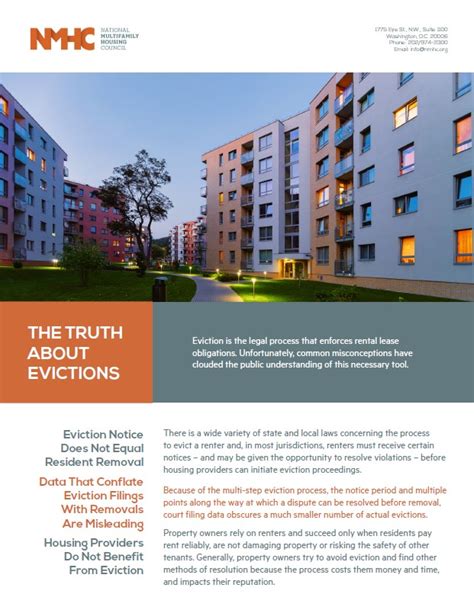Is My Eviction Public Knowledge? The Truth
Eviction is a stressful and often embarrassing experience. Many people worry about the impact on their reputation and future prospects, leading to a common question: Is my eviction public knowledge? The short answer is complex, depending on your location and the specifics of your case. However, understanding the nuances of eviction records and their accessibility is crucial for navigating this challenging situation.
What Information is Public Record?
In most jurisdictions, court records are considered public information. This means that details about your eviction case, including the filing date, the judge's ruling, and the names of the parties involved (landlord and tenant), are generally accessible. However, the level of detail available can vary. Some jurisdictions may make the entire court file easily searchable online, while others may require a visit to the courthouse or a formal request.
Where Can I Find Eviction Records?
Locating eviction records often involves searching the county or local court records. Many counties have online portals allowing you to search for cases using names, addresses, or case numbers. Alternatively, you may need to visit the courthouse clerk's office in person to request the information. Some commercial websites aggregate public records, but their accuracy and completeness can vary. It's crucial to remember that these commercial sites often charge for access to information readily available for free through official channels.
How much detail is available? Is the entire court filing public?
The level of detail visible in public records varies significantly depending on your location. While the basic information mentioned earlier (names, dates, court decisions) is typically public, the full contents of the eviction file may not be. Some jurisdictions redact sensitive personal information, such as financial details or specific reasons leading to the eviction. Others may only provide a summary of the proceedings.
Can My Eviction Show Up on Background Checks?
Yes, eviction records frequently appear on background checks. Landlords and employers often use background checks during the tenant screening and hiring processes, respectively. The inclusion of eviction information on these reports is a significant concern for many individuals, impacting their housing and employment prospects. The length of time an eviction remains on a background check varies by reporting agency and state regulations.
How long will my eviction stay on my record?
The duration an eviction remains on your record is not standardized and depends on several factors:
- The reporting agency: Different agencies have different policies on data retention.
- State law: Some states have specific laws governing the length of time eviction records can be reported.
- The nature of the eviction: Certain circumstances might result in a shorter reporting period than others.
It is always advisable to check your credit report regularly for accuracy and completeness. If you believe the record is inaccurate or outdated, you can dispute it with the reporting agency.
Can I Prevent My Eviction From Becoming Public Knowledge?
Unfortunately, preventing your eviction from becoming part of the public record is generally not possible. Court proceedings are designed to be transparent, and the information is usually accessible to anyone who requests it. However, you can mitigate some of the negative consequences by understanding your rights, addressing any underlying issues, and maintaining a positive credit history and rental record after the eviction.
What Can I Do If My Eviction is Public Knowledge?
Facing an eviction record can be challenging, but it doesn't have to define your future. Focus on rebuilding your credit and rental history. Be honest and upfront about your past with potential landlords and employers; most people understand that mistakes happen. Highlight your positive attributes and current financial stability. Demonstrate that you've taken steps to improve your situation and are committed to maintaining a responsible tenancy.
In conclusion, while your eviction is likely part of the public record, understanding the specifics of how that information is accessible and managed is crucial. By being informed and proactive, you can mitigate the negative impacts and move forward. Remember to consult legal counsel for advice tailored to your specific circumstances and location.

